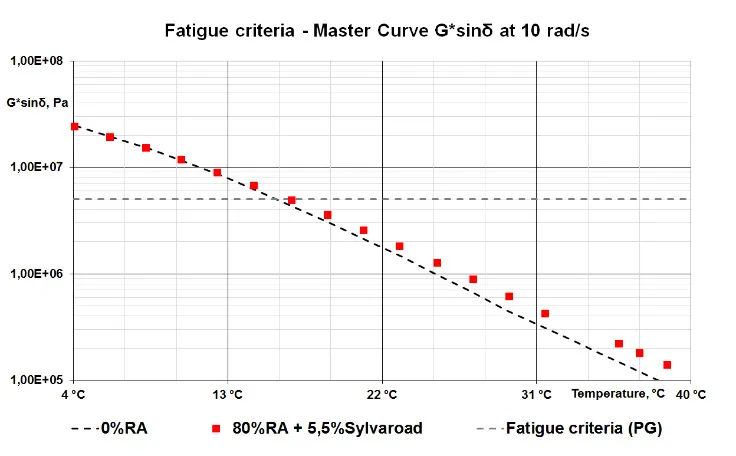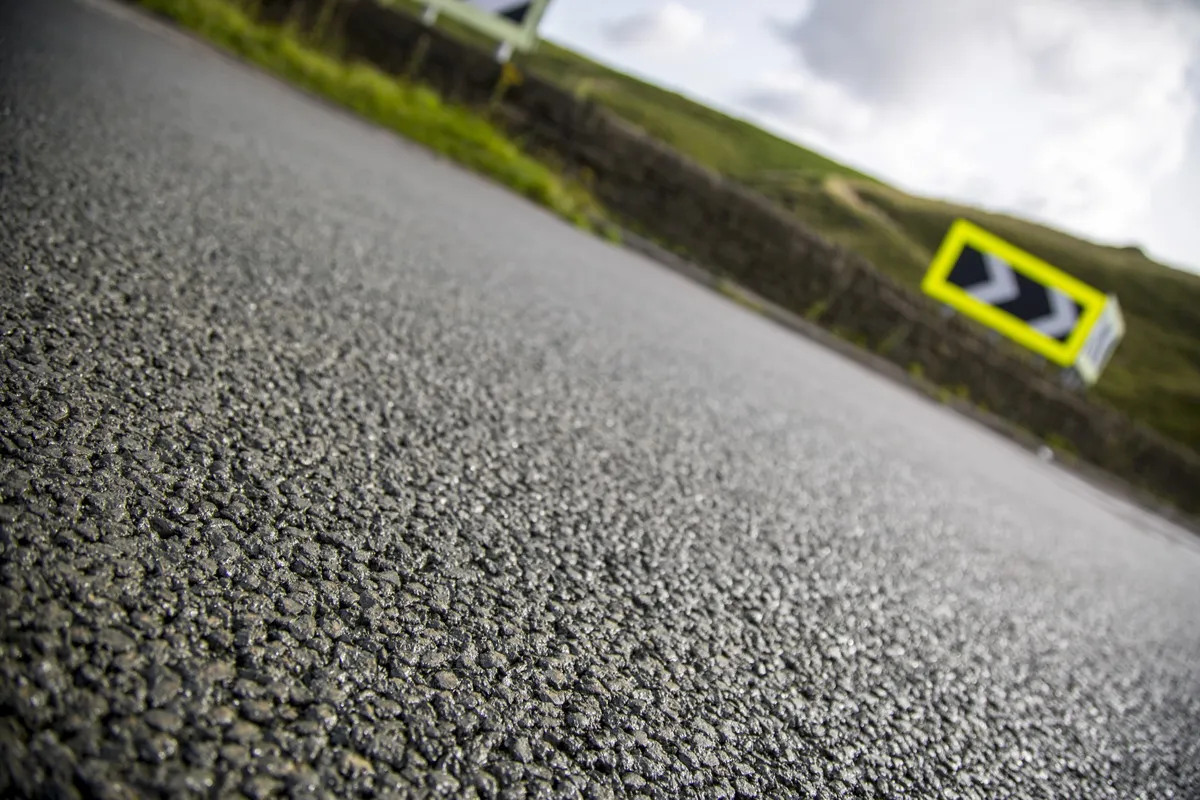The use of recycled materials for the road network is well-established, but a persistent debate continues around the extent to which asphalt can be reused. Although increasing the proportion of recycled asphalt offers significant economic and environmental benefits, there remains a resistance to using these mixes within the surface course where performance is critical.
New plant technologies and continuing research enable us to incorporate higher percentages of recycled content without compromising road surface performance. Our challenge is to raise awareness of opportunities that these technological advances bring and to change mindsets within the industry to allow adoption of new techniques.
The economic value of recycling existing road material is quite clear. Every tonne of asphalt within road surfaces has already been extracted, manufactured and laid at a considerable cost. Reusing this material provides an opportunity to recover that investment, a circular economic model that continues to unlock value.
The economic argument for recycling is supported by an environmental one. Reusing existing material dramatically reduces the carbon footprint compared to the extraction of new aggregates. In areas where high-quality virgin aggregates are scarce, using recycled asphalt reduces transportation distances.
Unlocking these financial and environmental savings requires a more ambitious approach to the reclamation and reuse of materials.
There is no reliable estimate of the amount of recycled material incorporated into the UK’s roads as hot mix asphalt, but any subjective assessment would be significantly less than 20%.
Even this estimated average, however, hides significant differences in how recycled asphalt is included the structural layers of pavement. Asphalt with more than 50% recycled content is now regularly incorporated into the base and binder course of minor roads and industrial applications. Yet for the surface course, the majority of highway operators remain cautious about a recycled content of more than 10%.
This is restricting the amount of recycled content used in roads. Limiting the use of recyclables in the surface course is being driven by the high polished stone value (PSV) traditionally specified by highways network operators, which has been relied upon to ensure sufficient skid resistance. In the context of safety, the reluctance to trial new techniques is understandable. But it is also holding back efforts to develop and trial alternative materials which have the potential to match the performance of high PSV mixes.
In this, there is a stark difference between private and public sector work. Contractors regularly use up to 40% recycled material for private clients, but face a challenge to reassure public network operators that surface courses with a high level of recycled content can provide the same performance as those with high PSV levels.
Providing this reassurance relies upon two things: demonstrating the ability to develop new mixes and demonstrating their effectiveness.
Developing the materials is the simpler part of this problem. The use of sophisticated plant recycling processes allows contractors to develop a much greater understanding of the materials. This enables contractors to create new mixes which respond to specific requirements from the network.
But contractors need to prove the capability of these new surface course mixes. In this, Transport for London is leading the way with the joint trial on the A1 highway at Mill Hill, north of London. FM Conway laid a thin surface course mix – equivalent to recognised standards under Clause 942 of the UK’s Specification for Highway Work – which uses 50% recycled content and a binder performance additive.
The firm has been monitoring the surface’s performance since March 2016 with encouraging results. Early indicators show that skid resistance benchmarks commonly associated with high levels of PSV are being matched.
On the back of this work, more trials are needed to boost the understanding of these materials, enabling the firm to present a robust case for increasing the proportion of recycled asphalt.
And the advancement of recycled asphalt will rely on sharing knowledge of new techniques and trials across the industry. Private and public interests must build a cross-sector consensus which recognises the capabilities as well as the economic and environmental value of recycled asphalt.
The case for recycled asphalt
Debate continues over the use increased recycled asphalt for road surfaces - David Smith, development director at UK contractor FM Conway urges more cross-sector work to prove the case for a higher recycled asphalt content
October 24, 2017
Read time: 4 mins
Debate continues over the use increased recycled asphalt for road surfaces - David Smith, development director at UK contractor FM Conway urges more cross-sector work to prove the case for a higher recycled asphalt content









